The recently passed House FAA Reauthorization Bill has raised concerns within the aviation industry as it includes language that could impede the development and implementation of competitive unleaded fuels. According to the bill, airports would be prohibited from removing 100LL or offering unleaded fuels instead of leaded avgas, risking the loss of airport improvement grants as a penalty. This restriction presents a significant barrier for fielding competitive unleaded fuels, as many airports may not have the resources or willingness to invest in dual tankage for both types of fuel.
The bill mandates that any fuel being sold on October 5, 2018, the date of the previous reauthorization bill, must remain available to aircraft operators. As a result, efforts to introduce unleaded fuels in California and other Western regions could face serious setbacks, potentially halting early development initiatives.
George Braly, representing General Aviation Modifications Inc. (GAMI), the sole U.S. company with an FAA-approved 100-octane fuel, expressed concerns that the bill would hinder progress in delivering a high-octane unleaded fuel, such as GAMI's G100UL. The cost and time required to install additional tanks for unleaded fuels would be prohibitive for many.
GAMI has been discussing the replacement of 100LL with G100UL at several airports, aiming to retain only one set of tanks. Although G100UL has received STC approval for all spark ignition engines in the FAA database, its distribution has been challenging. Avfuel, which signed on to manufacture and distribute G100UL, has encountered obstacles in marketing the fuel.
While the House version of the bill proceeds to the Senate, similar language may be included, allowing unleaded fuels to replace 100LL when they become "widely available," a decision to be made by the Secretary of Transportation. The industry consortium EAGLE, committed to promoting an unleaded fuel approval, has set a deadline of the end of 2030 for this objective. However, the consortium has faced pushback from G100UL and advocates for an ASTM-approved fuel as a preferable alternative.
Amidst these developments, the potential impact of the House version on the 2014 consent decree between the Center for Environmental Health and a group of California FBOs remains uncertain. The decree stipulated that 100LL would be replaced with the lowest lead alternative once it became available. For G100UL or any unleaded fuel to gain widespread availability, it may need to be allowed to replace 100LL, creating a complex and evolving scenario in the aviation fuel market.

